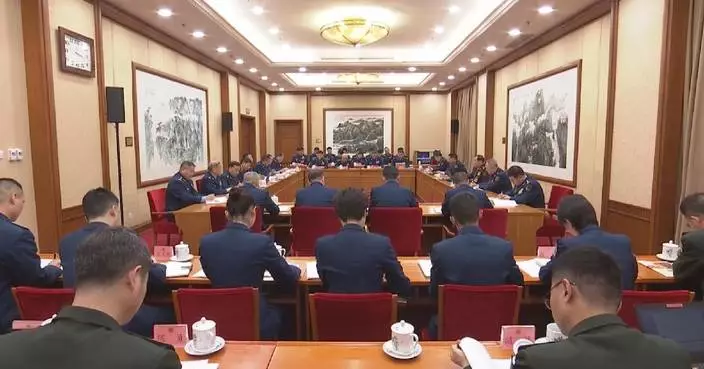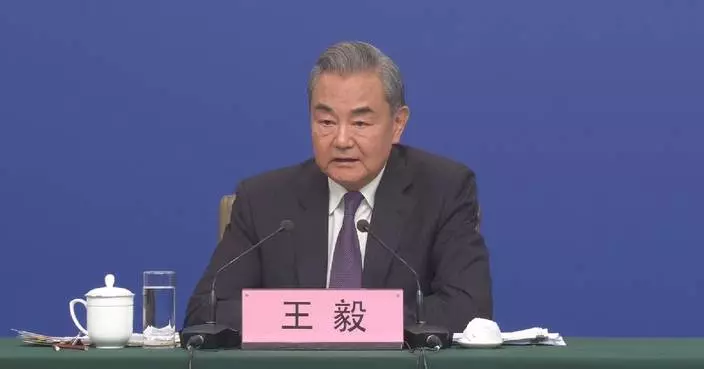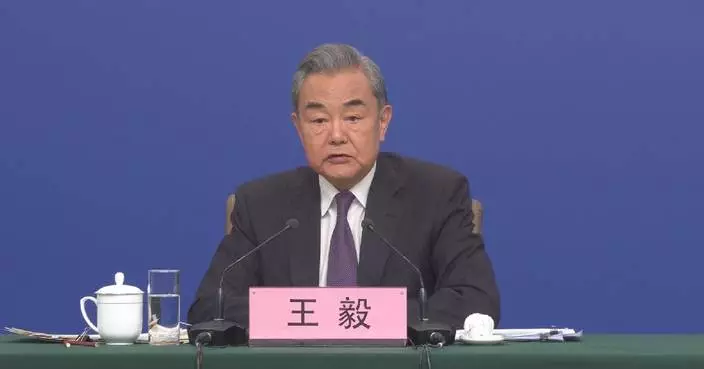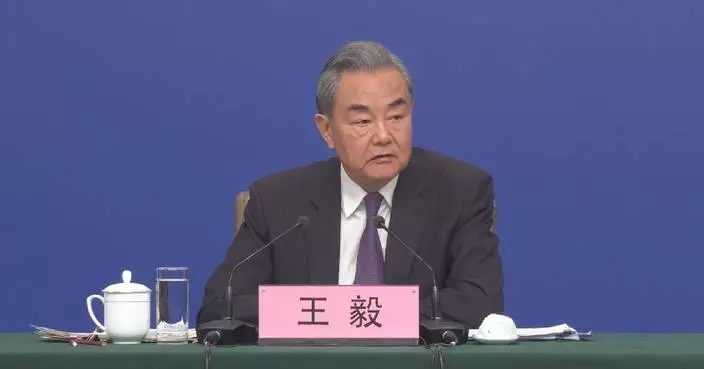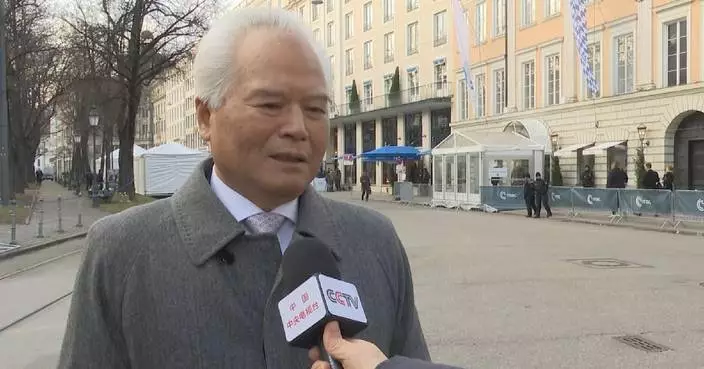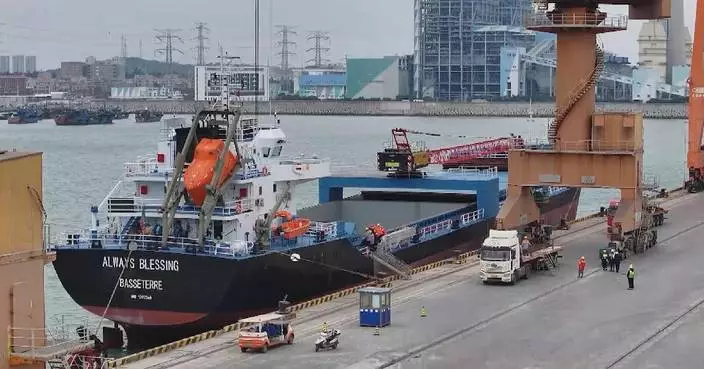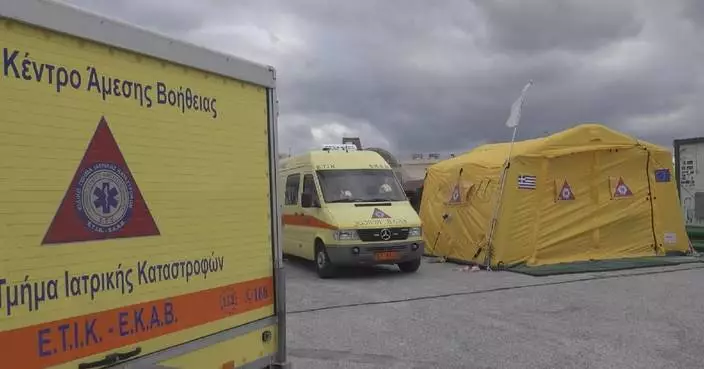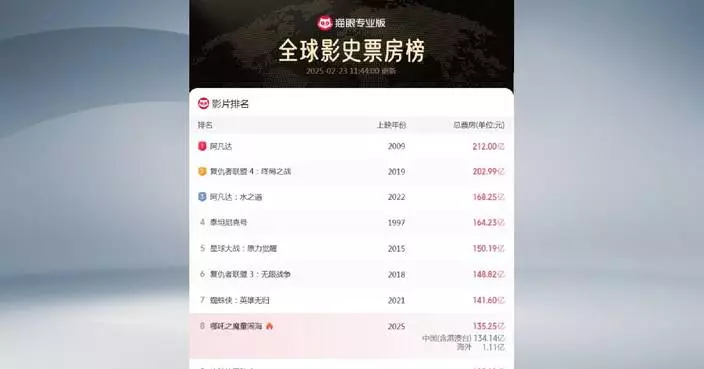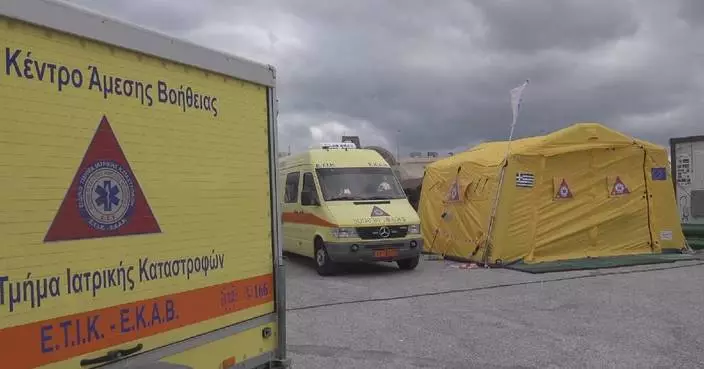Organic coffee produced in a demonstration coffee plantation in Timor-Leste has started to gain wider recognition thanks to the help of Chinese experts.
The plantation, located in Quirilelo Village of Aileu Municipality, is a collaboration between the Chinese government and the Timor-Leste Coffee Association established in 2021 to enhance local coffee production and quality.
With guidance from Chinese experts organized by the Chinese Embassy in Timor-Leste, coffee producers in the village have doubled their output.
"Before we received assistance from the Chinese embassy, many of our coffee trees were too old and not yielding much. After the trees were pruned and grew again, we can now harvest five to six kilograms of coffee fruit from each tree, compared to only two or three kilograms in the past. We used to collect all the coffee fruit, whether it was ripe or not, but now we only pick the ripe ones which are of better quality and heavier," said Da Costa Rui, head of Quirilelo Village.
The local coffee growers association has been cooperating with Chinese coffee producers and enterprises, and Chinese experts have been offering advice and technical assistance.
Chen Lisong, the Chinese consultant who works most closely with the association, has been visiting the plantation regularly over three years to offer support to the farmers.
"We mainly offer technical instructions, like how to prune the coffee trees, and how to increase the fruit yield. During harvest seasons, we also advise the coffee farmers how to pick fruits and process the coffee," said Chen.
China and Timor-Leste signed a Memorandum of Understanding (MoU) for cooperation under the framework of the Belt and Road Initiative in 2017. Since then, China has been supporting the Southeast Asian country's infrastructure, interconnectivity, and agriculture, including the coffee industry.
"We signed an agreement that we'd sent some of our farmers, youngest farmers, to go to there to learn and come back to implement. And I think this is very, very good. We can raise the income of our farmers, can help them to improve their livelihood. Cooperation in terms of the development of the coffee industry is very important. Because it's a win-win cooperation, it is very important for us. The principle of the Belt and Road [Initiative] brings people together, working closely, help each other, and then moving together to prosperity," said Afonso de Oliveira, the deputy chair of Timor-Leste Coffee Association.
Coffee is the among the most valuable exports in Timor-Leste. China has been assisting the counrty since the establishment of diplomatic relations between the two countries in 2002, with a focus on agriculture.
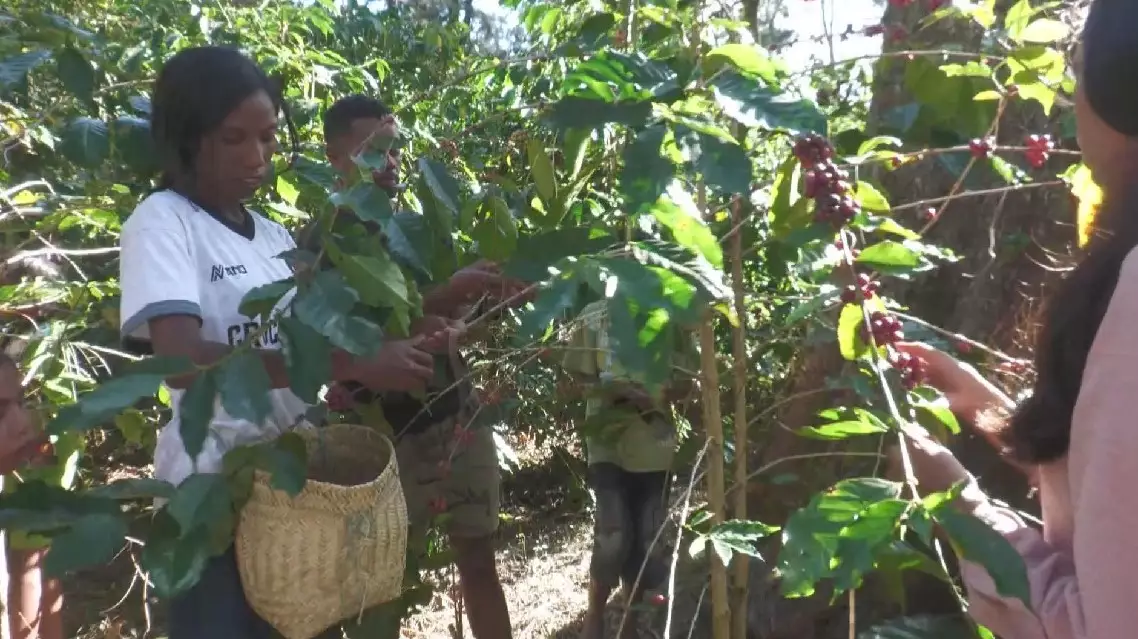
Coffee producers in Timor-Leste benefit from Chinese assistance
The government work report submitted Wednesday to China's national legislature for deliberation highlighted the importance of reducing logistics costs to enhance economic efficiency and industrial competitiveness, while also emphasizing the critical role of logistics in stabilizing foreign trade, said industry experts.
Chinese Premier Li Qiang delivered the government work report on Wednesday at the opening meeting of the third session of the 14th National People's Congress (NPC).
The work report called for efforts to accelerate the development of a unified and open transportation market and implement a nationwide initiative to lower logistics costs, a move experts say, is crucial for high-quality economic growth.
The initiative aligns with the Chinese authorities' Action Plan for Effectively Reducing Logistics Costs, released in November 2024, and the relevant directives from the Central Financial and Economic Affairs Commission. Over 10 of the 31 provincial-level regions in the Chinese mainland have already worked out specific local measures for implementation.
"According to the action plan for effectively reducing logistics costs, the goal is to lower the logistics cost-to-GDP ratio to 13.5 percent by 2027. Achieving this target would cut the nation's total logistics costs by over 1 trillion yuan (138.2 billion U.S. dollars) annually, significantly boosting economic efficiency," said Cai Jin, president of the China Federation of Logistics and Purchasing (CFLP).
The initiative also aims to modernize supply chains, streamline production processes, and reduce unnecessary costs, ultimately boosting the competitiveness of the real economy, experts say.
The government work report also highlighted the role of logistics in stabilizing foreign trade and advancing cooperation in joint construction of the Belt and Road. To boost cross-border e-commerce, the report called for improving international delivery systems and expanding overseas warehouse networks.
In 2024, China's cross-border e-commerce imports and exports grew by 10.8 percent to 2.63 trillion yuan (363.5 billion U.S. dollars), driven by rapid growth in air freight, freight forwarding, and overseas warehousing. Chinese companies have built over 2,500 overseas warehouses, covering a total floor space of more than 30 million square meters.
Additionally, the government work report stressed the need to ensure stable operation of the cross-border China-Europe freight train transport service and to accelerate development of the Western Land-Sea New Corridor.
As Chinese manufacturing companies expand globally, logistics firms are increasing investments in traditional markets like Europe and the United States, as well as emerging markets in Southeast Asia, Mexico, and the Middle East, experts say.
"As our industries go global, logistics and supply chains will play a crucial supporting role, especially in procurement and resource supply. Ensuring the security of logistics and supply chains is essential in the course of overseas investments. We must strengthen the construction of the international logistics system to enhance the resilience and security of our overseas investments," Cai said.

China prioritizes logistics efficiency to enhance competitiveness, global trade

China prioritizes logistics efficiency to enhance competitiveness, global trade



















